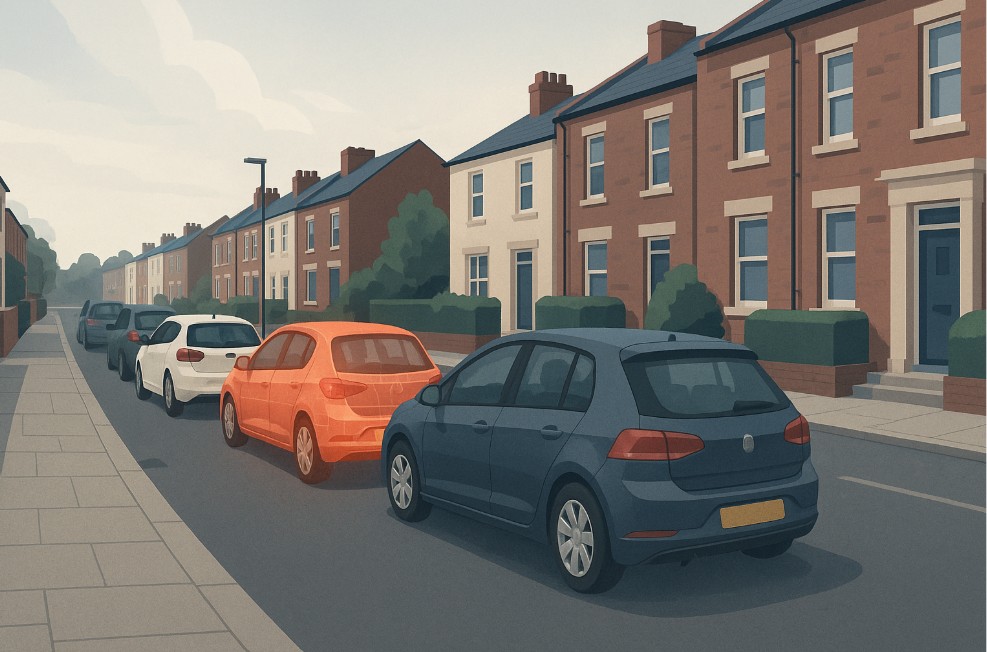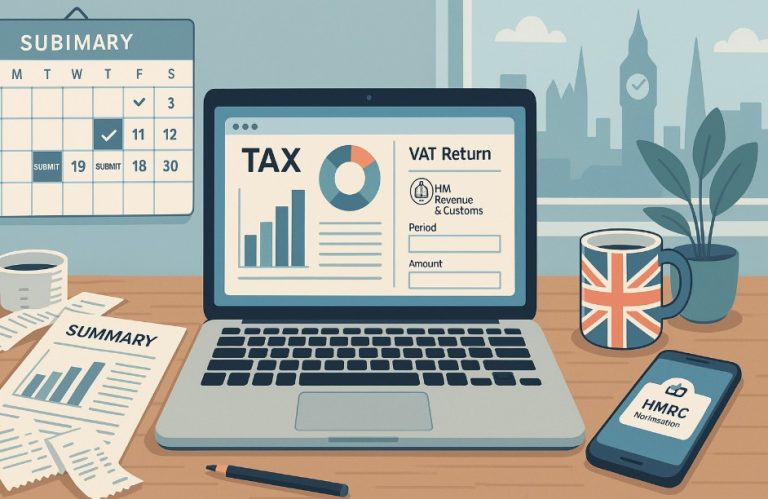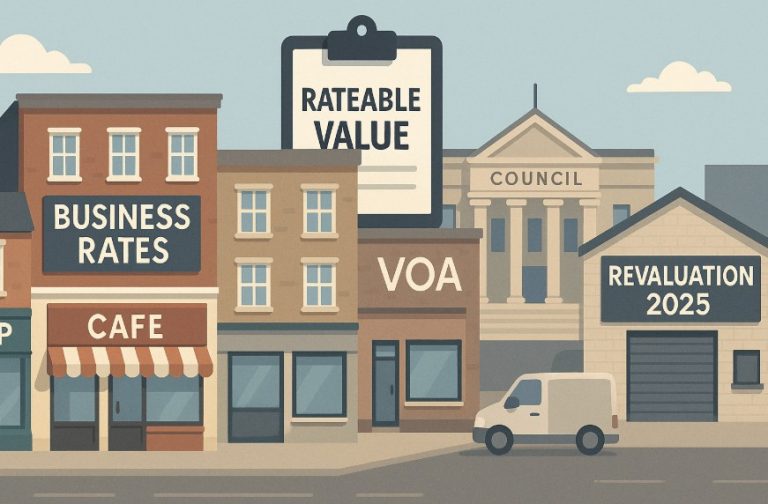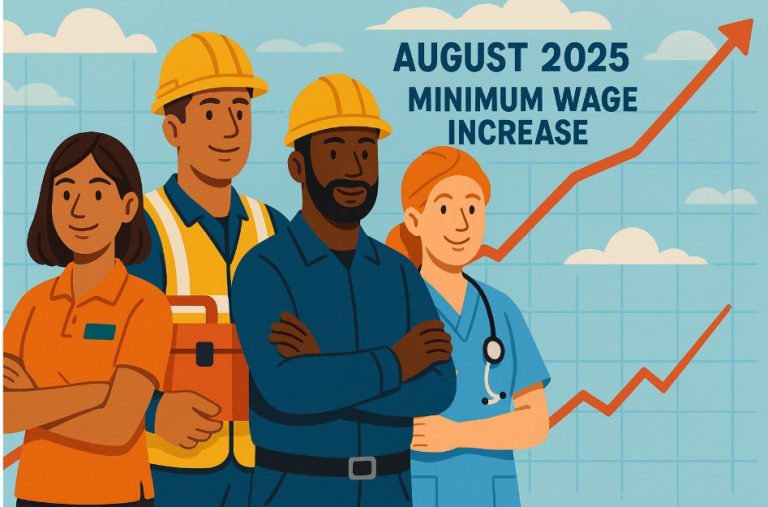How to Report a Vehicle with No Tax in the UK?
What Should You Do If You See a Car Without Tax on UK Roads?
Have you ever passed a vehicle parked on a public road for days, looking like it hasn’t moved in weeks? Or perhaps noticed a car on the road that seems suspicious and unregistered?
In the UK, driving or even parking a vehicle on a public road without valid road tax, officially known as Vehicle Excise Duty (VED), is a legal offence. But what can you do about it? Can you report it? Is the process anonymous, and what happens next?
These questions are more common than you might think. With thousands of unlicensed vehicles still active in the UK, understanding how to report a vehicle with no tax is not just a legal curiosity; it’s a civic responsibility.
This guide outlines the complete process, clarifies who to contact, and explains the role of the DVLA, police, and local authorities in keeping the UK’s roads compliant and safe.
Why Is It Important to Report Untaxed Vehicles?
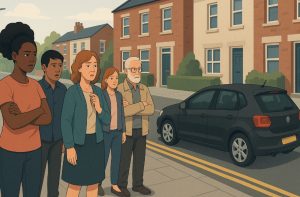
Reporting a vehicle with no tax plays a vital role in maintaining public safety, financial fairness, and legal compliance.
Untaxed vehicles are not only dodging payment responsibilities but often raise other concerns like lacking MOT certificates or valid insurance.
The government estimates that over 719,000 vehicles are unlicensed in the UK, costing the public purse more than £119 million annually.
This evasion compromises public services and infrastructure because VED revenue is intended to fund road maintenance, transport upgrades, and other government projects.
More importantly, unlicensed vehicles may be involved in other forms of illegality, increasing road safety risks for all users.
By reporting an untaxed vehicle, citizens help enforce compliance, reduce illegal activity, and support fair taxation across the UK.
How Can You Check If a Vehicle Is Taxed Before Reporting?
Before submitting a report, it is essential to confirm whether the vehicle in question is indeed untaxed. Making a report without verification could delay necessary action against actual violations and waste administrative resources.
The DVLA provides a free online vehicle tax checker that allows anyone to search by vehicle registration.
How to Verify a Vehicle’s Tax Status:
Visit the official GOV.UK vehicle tax checker and enter the car’s registration number. The tool will provide real-time information, including:
- Current tax status (taxed or untaxed)
- SORN (Statutory Off Road Notification) status
- MOT expiry date
- Make and model of the vehicle
If the vehicle is marked untaxed and not registered as SORN, it is illegal to use or park it on public roads. In such a case, a report can be filed.
How Do You Report a Vehicle with No Tax?
The DVLA has made the reporting process straightforward, accessible, and entirely anonymous. Reports submitted are handled confidentially, and the identity of the informant is not required or recorded. Steps to Report an Untaxed Vehicle:
1. Verify Tax Status
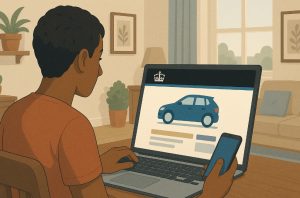
- Ensure that the vehicle is not taxed and is not declared SORN using the DVLA’s free online checker.
2. Gather Required Details
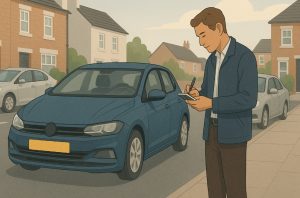
- Prepare the following information, as it will be necessary for the report:
- Vehicle registration number
- Make, model, and colour
- Exact location (street name, town/city, and postcode)
3. Submit the Report
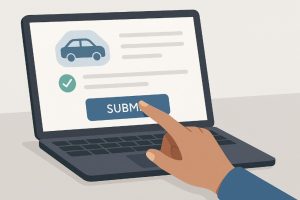
- Go to the GOV.UK report form and complete the required fields. The form will not request personal information unless voluntarily provided.
- Once submitted, the DVLA takes over and assesses the validity of the report based on their internal database and potential field investigation.
What Happens After You Report an Untaxed Vehicle?
After receiving your report, the DVLA initiates an investigation process. This involves multiple stages of verification and enforcement, depending on the severity and accuracy of the information submitted.
DVLA’s Investigation Process:
| Stage | Action |
| Verification | Cross-referencing vehicle details with DVLA records |
| Visual Inspection | Dispatching an enforcement officer (if needed) |
| Enforcement | Taking direct action such as clamping, impounding, or issuing fines |
If the vehicle is confirmed to be untaxed and in breach of regulations, the DVLA may issue penalties or seize the vehicle. This includes:
- Fixed penalty notices starting at £80
- Fines up to £1,000 or five times the tax due
- Immediate clamping or towing if repeatedly offending
- Possible criminal proceedings in severe cases
Driving a vehicle falsely declared as SORN on public roads can result in a fine of £2,500 if the case reaches a magistrates’ court.
Is There a Difference Between Reporting an Untaxed Vehicle and Other Offences?
Yes, reporting a vehicle for lacking tax is different from reporting other motoring offences. Various authorities handle different violations, and it’s crucial to report through the correct channel for appropriate action.
| Type of Offence | Where to Report |
| Untaxed vehicle | DVLA via GOV.UK |
| Abandoned vehicle | Local council |
| No MOT certificate | Local police (only if on a public road) |
| Driving or insurance offence | Police via 101 or online portal |
| Emergency or crime in progress | 999 |
| Anonymous crime report (non-motoring) | Crimestoppers (0800 555 111) – not for untaxed vehicles |
Understanding these distinctions ensures your report is effective and reaches the right authority.
When Should You Not Report a Vehicle?
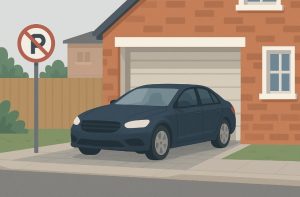
There are situations where reporting may not be appropriate, such as when a vehicle is off-road or exempt from tax.
You Should Not Report If:
- The vehicle is declared SORN and parked on private property
- It is exempt due to age or classification (e.g., certain disabled vehicles)
- It’s being driven directly to an MOT test appointment (with proof)
In these cases, the vehicle is legally compliant, and reporting it could lead to an unnecessary administrative burden.
What Enforcement Actions Can the DVLA Take Against Untaxed Vehicles?
Once a report is validated, the DVLA has a range of legal tools to enforce compliance:
- Automated Fines: A fine of £80 for late renewal, reduced to £40 if paid within 33 days
- Usage Penalty: A fine of £30 plus one and a half times the outstanding tax
- Criminal Proceedings: In serious or repeat cases
- Clamping or Seizure: Especially for persistent tax evaders
These measures serve both as a deterrent and a way to recover lost public revenue.
How Does Reporting Help Improve Road Safety?
Untaxed vehicles are frequently linked with broader law violations, such as:
- No valid MOT certificate
- Lack of insurance
- Mechanical or safety defects
These factors significantly increase the risk of accidents or fatalities. By identifying and removing such vehicles, reporting plays a direct role in improving public safety and trust on the roads.
How Does Vehicle Tax Evasion Affect Public Revenue?
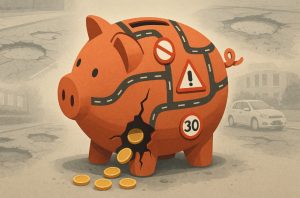
The government estimates that untaxed vehicles cost the UK more than £119 million per year in lost revenue. This money could otherwise be used for:
- Road repairs and upgrades
- Emergency services and traffic management
- Sustainable transport projects
Every report submitted potentially helps recover public funds that can be reinvested into the transport infrastructure.
Can a Tax Accountant Help with Vehicle Tax Compliance?
Yes, particularly in complex cases involving multiple vehicles or business fleets. A tax accountant can:
- Explain Vehicle Excise Duty (VED) obligations
- Assist in calculating tax based on emissions and age
- Provide guidance for declaring a vehicle as SORN
- Advise on compliance strategies to avoid fines
For businesses, especially those managing vehicle fleets, having a tax accountant involved ensures long-term compliance and minimises the risks of legal breaches.
What Role Does Public Awareness Play in Reducing Tax Evasion?
Public awareness is essential to ensure that more people understand their tax obligations and the steps required to stay compliant. The DVLA and government use several methods to promote awareness:
- Digital campaigns
- Workshops and roadshows
- Public service announcements
- Educational resources on GOV.UK
Raising awareness not only improves voluntary compliance but also encourages more reports from citizens who now understand the importance of their role.
How Has Technology Improved the Reporting and Enforcement Process?
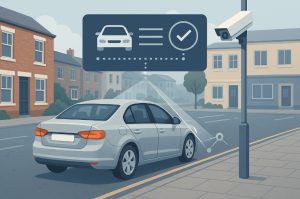
Technology now plays a pivotal role in both identifying and reporting untaxed vehicles. Key innovations include:
- Online portals for tax checks and reports
- Real-time database updates for the DVLA
- ANPR (Automatic Number Plate Recognition) cameras are used by police and enforcement officers
- Digital payment systems for vehicle tax
These advancements streamline the entire ecosystem, making it easier for the public to participate and for the authorities to enforce the law.
FAQs
Can I report an untaxed vehicle anonymously?
Yes, all reports to the DVLA regarding untaxed vehicles are anonymous and do not require personal identification.
Is it illegal to report a vehicle that turns out to be SORN?
No. If a vehicle is legally declared SORN, no enforcement action is taken, and the report is simply closed.
What happens if I submit incorrect vehicle information?
The DVLA will not act on reports with incomplete or incorrect data. Always ensure you enter the correct vehicle registration and location.
How can I find out if a vehicle has an MOT?
Visit gov.uk/check-mot-history and enter the registration number to see MOT status and history.
Can I report a vehicle with no insurance?
Yes, this should be reported directly to the police, especially if the vehicle is on public roads.
Do local councils handle untaxed vehicles?
No, councils only manage reports of abandoned vehicles. Untaxed vehicles must be reported to the DVLA.
Can a vehicle be clamped immediately after reporting?
If the vehicle is a repeat offender or found in breach of other regulations, enforcement officers may take immediate action.

